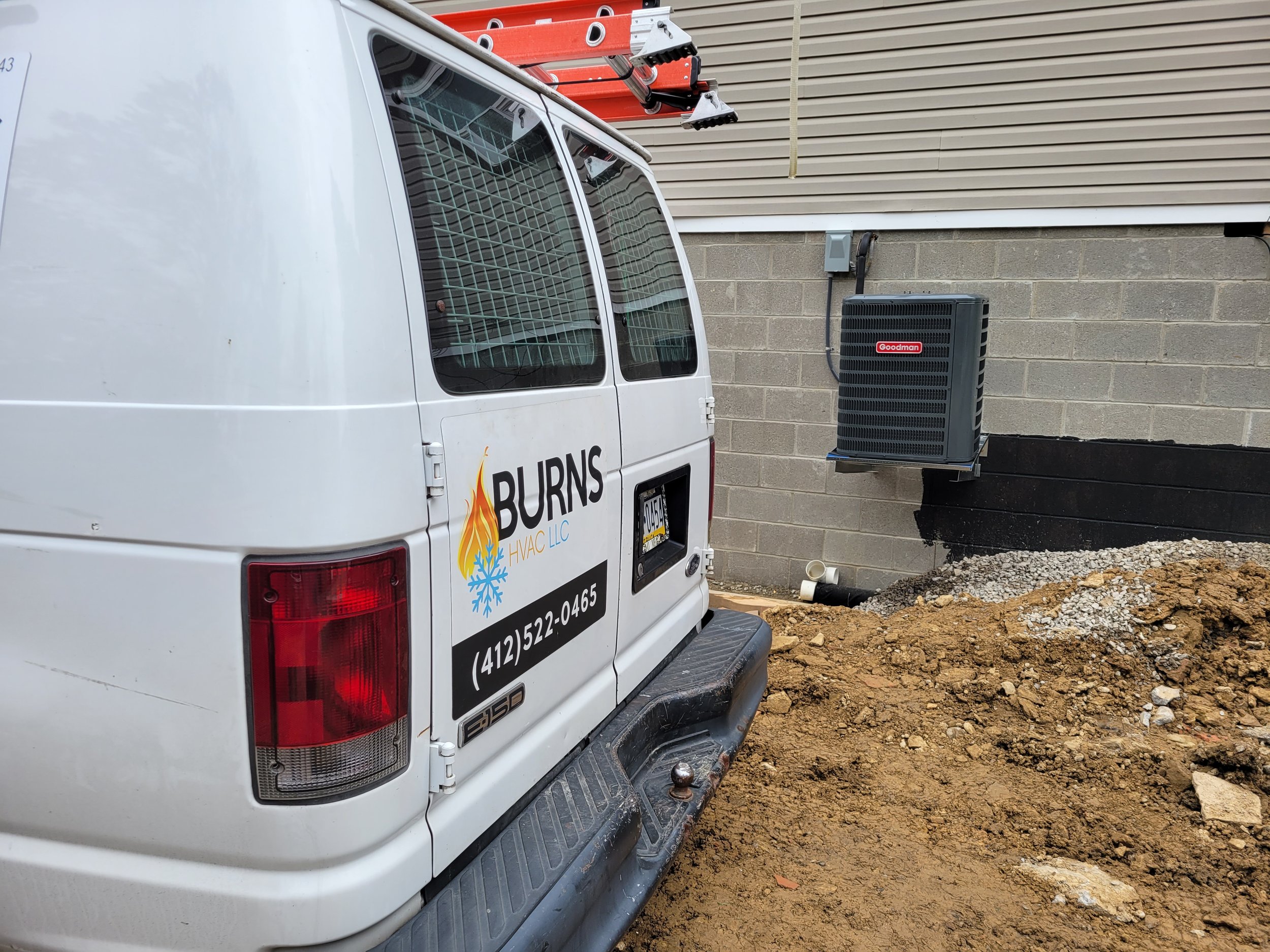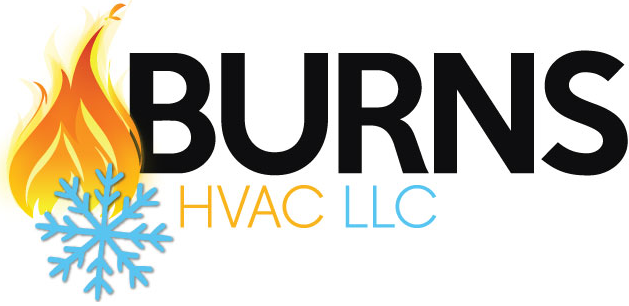
Boilers and Furnaces
Most homes in the Pittsburgh area are heated with either furnaces or boilers.
Furnaces heat air and distribute the heated air through the house using ducts. Boilers heat water, and provide either hot water or steam for heating. Steam is distributed via pipes to steam radiators, and hot water can be distributed via baseboard radiators or radiant floor systems, or can heat air via a coil. Steam boilers operate at a higher temperature than hot water boilers, and are inherently less efficient; however, high-efficiency versions of all types of furnaces and boilers are currently available.
High-efficiency heating systems are regulated by the FTC and require new furnaces or boilers to display their annual fuel utilization efficiency (AFUE) rating so consumers can make an educated decision in comparing the heating efficiencies of various models. A high-efficiency boiler or furnace is defined by the FTC as one with a greater than 90% AFUE rating.
Specifically, AFUE is the ratio of the furnace's or boiler's annual heat output compared to its total annual fossil fuel energy consumed. An AFUE of 90% means that 90% of the energy in the fuel becomes heat for the home and the other 10% escapes up the chimney and elsewhere. AFUE doesn't include the heat losses of the duct system or piping, which can be as much as 35% of the energy for output of the furnace when ducts are located in the attic, garage, or other partially conditioned or unconditioned space.
An all-electric furnace or boiler has no flue loss through a chimney. The AFUE rating for an all-electric furnace or boiler is between 95% and 100%. The lower values are for units installed outdoors because they have greater jacket heat loss. However, despite their high efficiency, the higher cost of electricity in most parts of the country makes all-electric furnaces or boilers an uneconomic choice. If you are interested in electric heating, consider installing a heat pump system.
Although older fossil fuel furnace and boiler systems have efficiencies in the range of 56% to 70%, modern conventional heating systems can achieve efficiencies as high as 98.5%, converting nearly all the fuel to useful heat for your home. Energy efficiency upgrades and a new high-efficiency heating system can often cut your fuel bills and your furnace's pollution output in half. Upgrading your furnace or boiler from 56% to 90% efficiency in an average Pittsburgh-area house will save 1.5 tons of carbon dioxide emissions each year if you heat with natural gas, or 2.5 tons if you heat with oil.
If your furnace or boiler is old, worn out, inefficient, or significantly oversized, the simplest solution is to replace it with a modern high-efficiency model. Old coal burners that were switched over to oil or gas are prime candidates for replacement, as well as natural gas furnaces with pilot lights rather than electronic ignitions.
Newer systems may be more efficient but are still likely to be oversized, and can often be modified to reduce their operating capacity.
When shopping for high-efficiency furnaces and boilers, look for the ENERGY STAR® label. Since the Pittsburgh-area is considered a cold climate, it usually makes sense to invest in the highest-efficiency system available.



